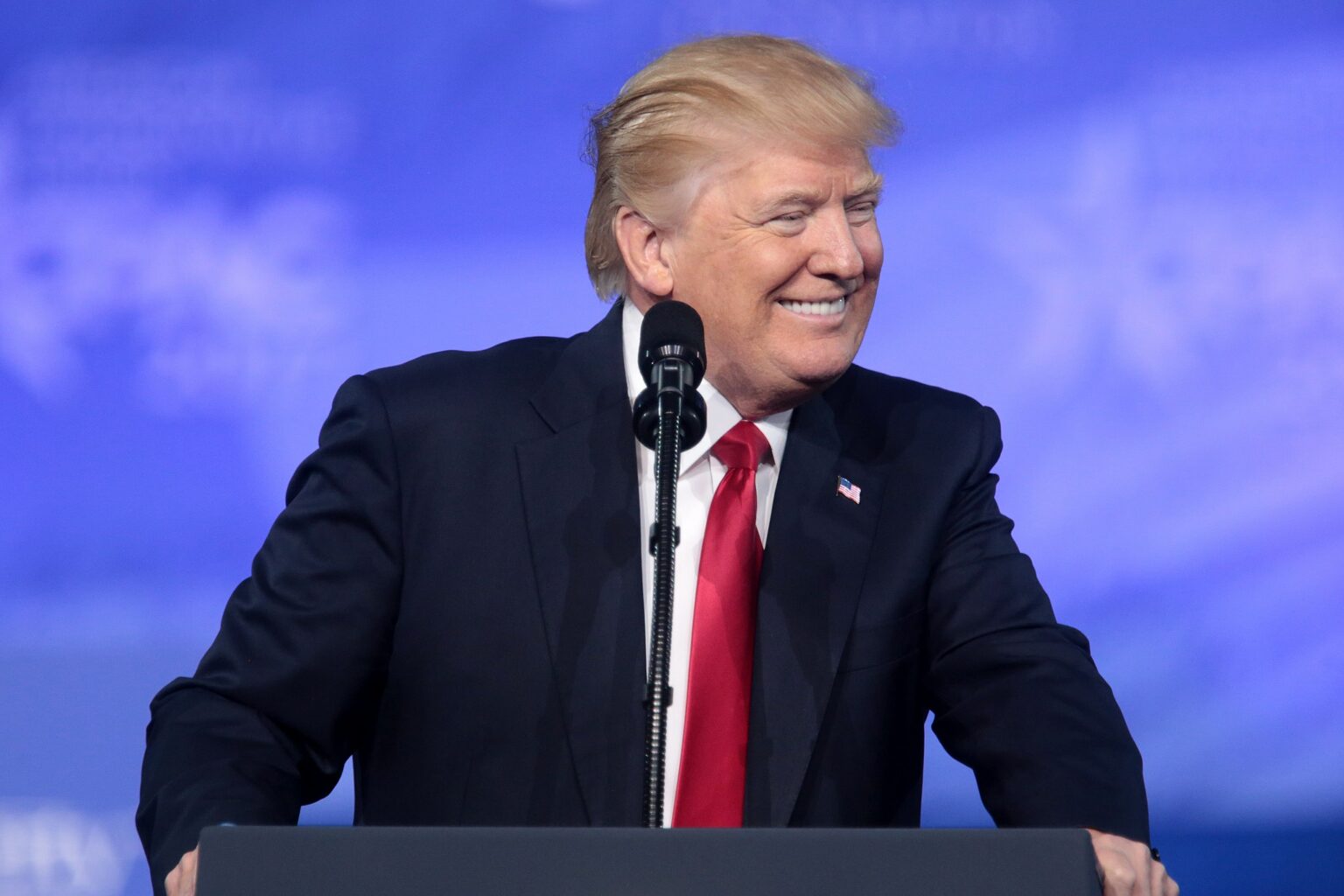Does Biden feel the same way?
Louisiana recently made headlines with a groundbreaking law requiring the display of the Ten Commandments in all public school and state-funded university classrooms. Signed into effect by Governor Jeff Landry, this legislation marks a significant move in the ongoing cultural debates surrounding education in America.
Former President Donald Trump, an advocate for the new law, expressed his enthusiastic support on Truth Social, emphasizing the importance of the Ten Commandments in various educational settings. His endorsement reflects a broader sentiment among some political circles that integrating religious principles into public education could contribute positively to societal values.
Conversely, current President Joe Biden, known for his Catholic faith, has yet to publicly address the issue, leaving room for speculation on his stance regarding the separation of church and state in educational policy.
The law mandates that the 10 Commandments has to be displayed in every public classroom on a poster of at least 11 inches by 14 inches. The text must be in a large and easy to read font and serve as the central focus of the poster. Additionally, the legislation requires three paragraphs explaining the historical significance of the 10 Commandments in U.S. public education over nearly 300 years.
This development has sparked immediate controversy and legal challenges from organizations such as the American Civil Liberties Union (ACLU) and the Freedom From Religion Foundation (FFRF). These groups argue that the law violates the constitutional principle of separation of church and state, asserting that politicians should not impose religious doctrines in public educational institutions.
The clash underscores a broader cultural divide over the role of religion in public life and education. Supporters view the display of the Ten Commandments as a reaffirmation of traditional values and a necessary step towards moral education, while opponents argue it infringes on the rights of religious minorities and undermines secular educational standards.
As Louisiana braces for potential legal battles, the outcome of this legislation could set a precedent for similar initiatives across the United States. It highlights the ongoing tension between religious freedom and constitutional rights within the framework of public education policy, posing significant implications for the future of American schooling and the boundaries of state intervention in matters of faith.
